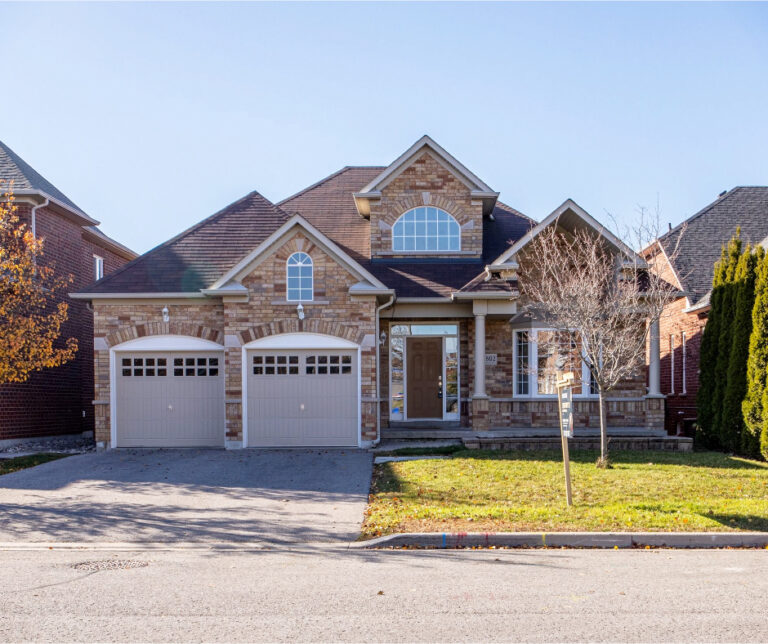Mortgage Process Timeline From Application To Clear-To-Close

This guide covers the mortgage process timeline from application to clear-to-close. Mortgage process timeline can vary from lender to lender. Larger lenders may have a longer mortgage timeline process than smaller mortgage companies. Generally, if the borrower cooperates with getting mortgage conditions timely when requested by the mortgage processor, the mortgage timeline to close is normally 30 days or less. Sometimes, a mortgage loan file needs to close in less than three weeks, and that can be done at Preferred Mortgage Rates.
The mortgage process timeline is a process, and every mortgage loan application must go through several stages to ultimately get a clear to close.
The clear to close, or CTC, is when the mortgage loan underwriter has signed off on the file, and the lender is ready to send closing docs to the title company and fund the mortgage loan. The mortgage timeline starts with the pre-approval stage, to the processing stage, the underwriting stage, the quality control stage, and the final closing stage.
Pre-Approval Mortgage Process Timeline
The pre-approval stage is the most important part of the mortgage loan process. The main reason borrowers get a last-minute loan denial is not due to the borrower’s fault. The number one reason why loans get denied at the last minute is because the loan officer did not properly qualify the borrower.
The mortgage loan originator has not qualified the borrower fully before issuing the pre-approval letter. One of the most common reasons for delays in the mortgage process timeline is the incorrect calculation of debt-to-income ratios.
Looking at the current paycheck stubs and checking the borrower’s credit scores is insufficient to pre-qualify a borrower. Just because a borrower makes $60,000 per year or $5,000 monthly does not mean that that income can be used as qualified income.
Documented And Qualified Income
The mortgage loan originator must thoroughly review the borrower’s income tax returns, see if they have any unreimbursed expenses, and deduct those write-offs from the borrower’s gross income.
Mortgage loan officers need to ensure that part-time, overtime, and bonus income will likely continue for the next three years before they use them as qualified income. We need to ensure that the other income has not declined.
The mortgage underwriter can reject declining part-time, overtime, and bonus income. If the mortgage loan originator is not sure of the income of the borrower, the mortgage loan originator should verify employment before issuing a pre-approval letter.
Meeting Conditions Mortgage Process Timeline
Mortgage loan officers should also carefully review the automated findings and ensure the borrower can meet the automated approval conditions. For example, just because the automated findings render an approve/eligible per DU Findings does not mean that the borrower will get an automatic loan approval by the mortgage underwriter.
If the automated findings require verification of rent, but the borrower has been living rent-free with a family member, this can be an issue with many lenders.
Preferred Mortgage Rates will accept a rent-free letter instead of a rental verification if the borrower lives with family members to save money for their down payment. Many loan officers submit the mortgage loan file to processing and underwriting without thoroughly reviewing the whole file completely. This will increase the mortgage timeline and cause delays in the mortgage process or a mortgage loan denial.
Conditional Loan Approval Mortgage Process Timeline
Once a mortgage underwriter has reviewed the file and is content with the submitted documents, the underwriter will issue a conditional mortgage approval. Conditional loan approval is a loan commitment. If the borrower can meet all of the conditions that are listed on the conditional mortgage approval, the mortgage underwriter will issue a clear-to-close
The sooner the borrower can provide the loan processor with all of the conditions on the conditional mortgage loan approval, the quicker the mortgage timeline to close will be
There is no reason why a mortgage loan cannot close in 30 days. The pre-qualification and pre-approval must be solid, and the mortgage loan processor should submit a complete mortgage file. The appraisal should be ordered when the buyer gets the inspection report back. When the borrower gets conditional approval, the loan processor should meet the borrower and get the conditions as soon as possible.





